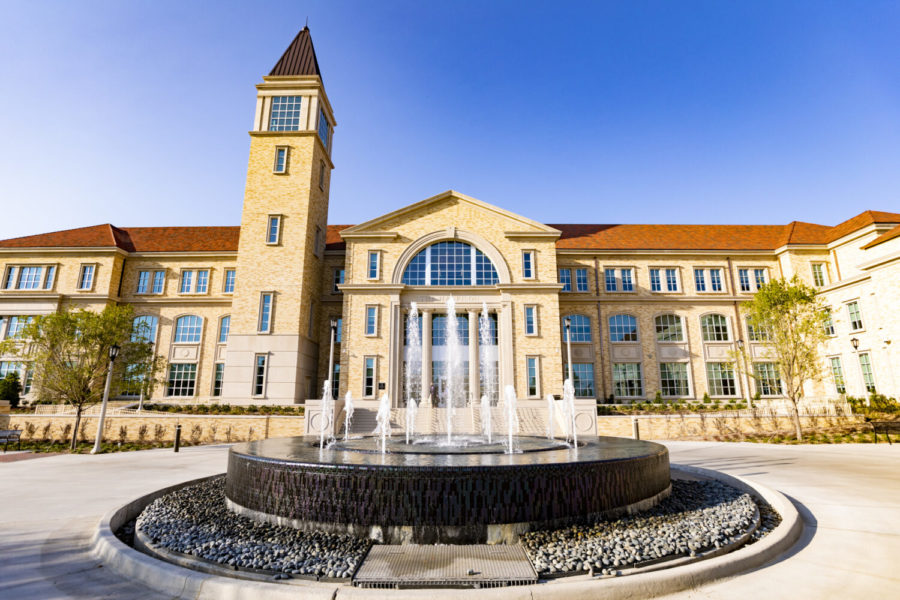TCU trustees agreed to boost undergraduate tuition 7.9% for the 2024-2025 academic year and add a $250 per credit hour differential fee to undergraduate classes in the Neeley school of business. The changes were announced Monday in emails to the TCU community. “This increase allows the University to maintain and advance TCU’s standard of excellence, given escalating operational costs and macro-economic factors,” according to the email sent from the office of Chancellor Victor Boschini. Need-based aid will also increase by 7.9%. The board wanted to “ensure that TCU remains accessible to all qualified students, regardless of their financial circumstances,” according to the email from the chancellor’s office. With Neeley’s differential tuition, TCU joins university and colleges that are adding a premium to support programming and teaching in specific disciplines. This fall, 28% of undergraduates or 3,636 students enrolled in Neeley, TCU’s largest college. Trustees approved a 5% tuition rate for the Burnett School of Medicine.
Building updates
Trustees also approved the Harris College research annex project, which includes renovating a nearby off-campus building for TCU’s new kinesiology and occupational therapy programs. The upgrades and maintenance are expected to be finished for the fall semester in 2024. The renovation and expansion of the Bob Lilly Performance Center and the Sam Baugh Practice Facility has a plan to be completed in the spring of 2025. Arnold Hall will be the name of the building in the Fort Worth Medical District that will hold the Burnett School of Medicine. It is named after trustees Greg Arnold and Ashley Arnold. On the east side of campus, two residence halls and one dining hall will be opened in the spring of 2025. Hill Hall and Walsh Hall will be the residences and Gutierrez Hall will be the dining hall. These additions will help make room for more incoming students. According to the meeting summary, TCU already has 5,167 students living on campus, which has filled 99% of hall capacity. More housing can’t come soon enough, as undergraduate enrollment is up 3.7% to 10,915.







